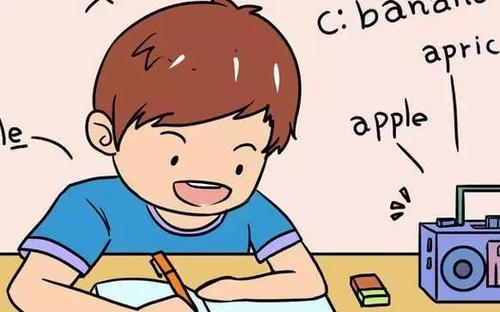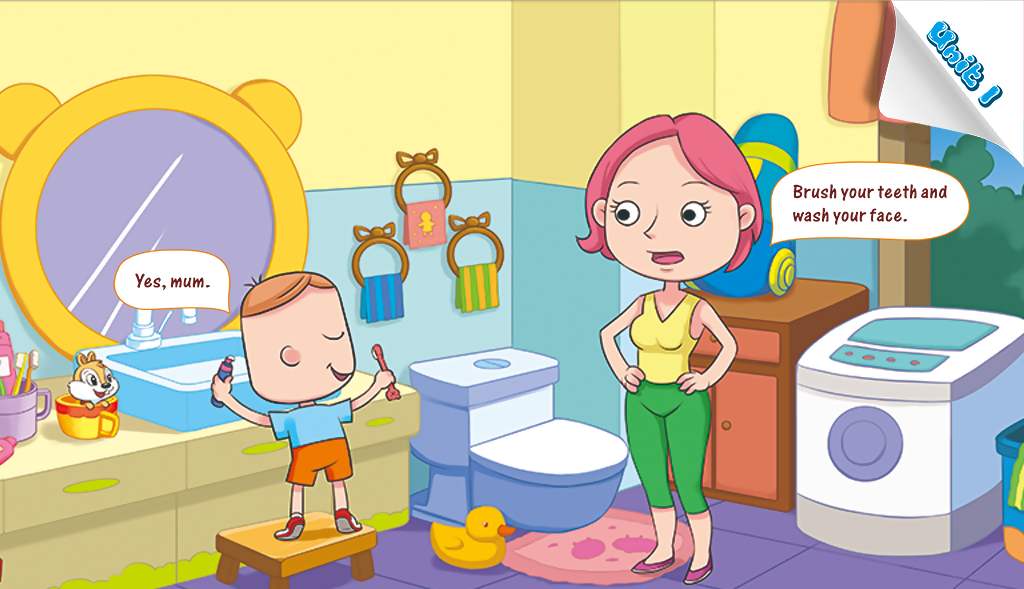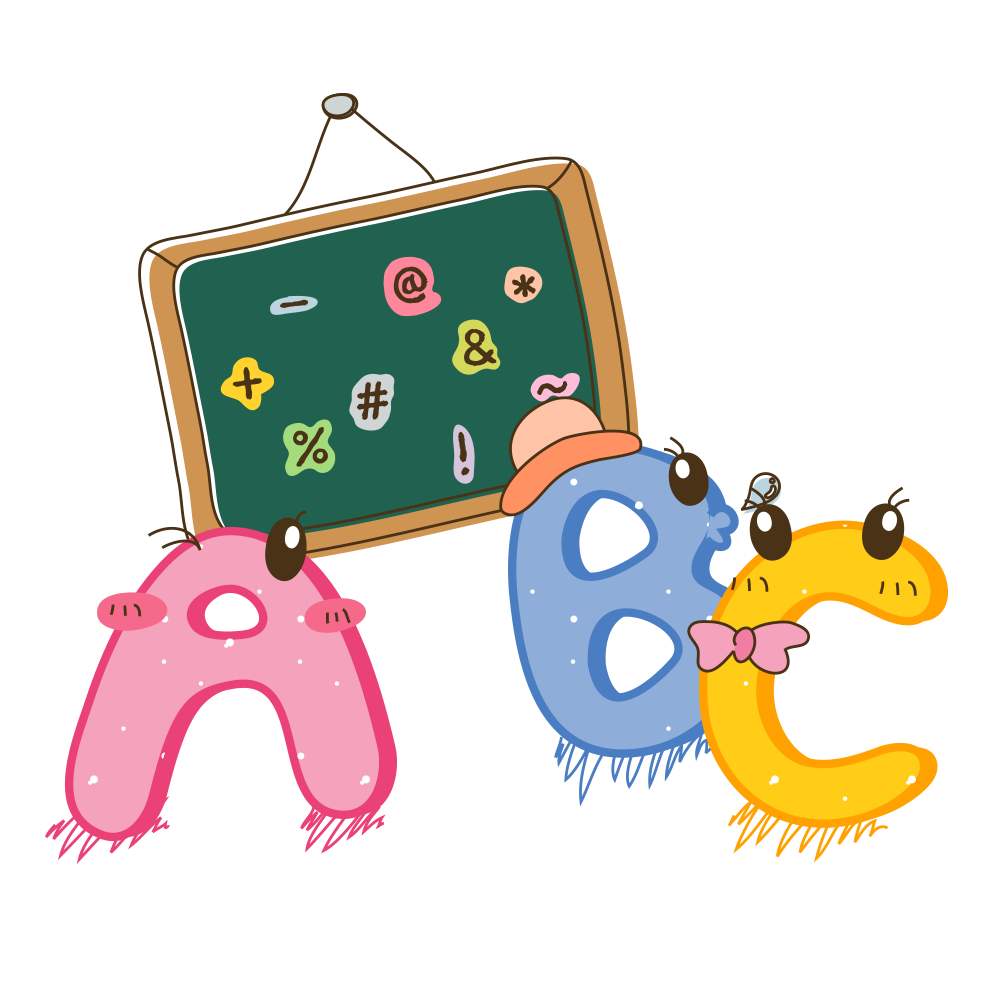艺术的大道上荆棘丛生,这也是好事,常人望而却步,只有意志坚强的人例外。下面是课件范文网小编为您推荐初三英语上册知识点复习三篇。

初三英语上册知识点复习1
1. by making flashcards 通过做单词抽认卡
2. ask…for help 向某人求助
3. read aloud 朗读
4. that way (=in that way) 通过那种方式
5. improve my speaking skills 提高我的会话技巧
6. for example 例如 7. have fun doing sth 玩得高兴
8. have conversations with friends 与朋友对话9. get excited about 为…高兴,激动
10.end up speaking in Chinese 以说汉语结束对话
11.do a survey about… 做有关…的调查 12.keep an English notebook 记英语笔记
13.spoken English (= oral English) 英语口语 14.make mistakes in sth 在… 犯错误
15.get the pronunciation right 使发音准确 16.practise speaking English 练习说英语
17.first of all 首先 18.begin with 以…开始
19.later on 随后 20.in class 在课堂上
21.laugh at 嘲笑 22.take notes 记笔记
23.enjoy doing 喜欢干… 24.write down 写下,记下
25.look up (v + adv) 查找,查询 26.native speakers 说本族话的人
27.make up 编造,虚构,化妆,打扮 28.around the world 全世界
29.deal with 对待,处理,解决 30.worry about (be worried about) 担心,担忧
31.be angry with 生某人的气 32.stay angry 生气
33.go by 消逝 34. regard…as… 把…当做…
35.complain about/of 抱怨 36. with the help of 在…的帮助下
37.compare…to (with)… 把…和…作比较 38.think of (think about) 想起,想到
39.physical problems 身体上的问题 40.break off 中断,突然终止
41.not…at all 根本不,全然不 42.make complete sentences 做完整的句子
43.join 加入某团体 并成为其中一员; join in与take part in指参加到某项活动中去。
44.be afraid of 害怕 be afraid to 害怕
45.have trouble in doing sth 做....有困难 46.study for a test 为考试用功
47. make vocabulary lists 做单词表 48. too …to… 太…而以致于不能做
49.watch English-language TV 看英语电视 50. to begin with 首先
51.take a lot of grammar notes 记大量的语法笔记
52.look up the words in a dictionary 查字(词)典
53.this kind of paper 这种纸 54.spend …on … 在…上花费(时间、金钱)
55.speak English as a second language 把英语当做第二语言来说
56.give up 放弃 57.in the future 在将来
初三英语上册知识点复习2
I. 重点短语
1. at the moment
2. used to
3. for a while
4. walk away with sth.
5. leave for some place
6. sooner or later
7. pay for
8. come up with an idea
9. think of
10. have a try
11. all over the world
12. be famous for
13. large numbers of
14. all the year round
15. no matter what
16. give up
17. for example
18. by the way
19. on business
20. so far
21. come true
22. set off
23. slow down
24. go on doing
25. wait for
26. be proud of
27. be afraid of
28. speak highly of
29. a year and a half
30. half a year
31. pick up
32. as soon as
33. keep… clean
34. take care of
35. cut down
36. make a contribution to
37. base on
38. make sure
39. take away
40. begin with
41. right now
42. as soon as possible
43. leave a message
44. all kinds of things
45. walk around
46. fall asleep
47. wake up
48. go on a trip
49. have a good time
50. take photos
51. come out
52. come on
53. have a family meeting
54. talk about
55. go for a holiday
56 go scuba diving
57. write down
58. by oneself
59. walk along
60. get a chance to do sth
61. have a wonderful time
62. book a room
63. have an accident
64. be interested in
65. use sth. to do sth.
66. make a TV show
67. be amazed at
68. take part in
69. feed on
70. get out of
II. 重要句型
1. Why don’t you do sth.?
2. make sb. Happy
3. borrow sth. from sb.
4. forget to do sth.
5. pay fro sth.
6. return sth. To sb.
7. learn sth. from sb.
8. be famous for sth.
9. No matter what…
10. be with sb.
11. go on doing sth.
12. speak highly of sb.
13. keep doing sth.
14. allow sb. To do sth.
15. encourage sb. to do sth. 16. It is said that…
III. 交际用语
1. --- Excuse me, have you got …?
--- Yes, I have. (Sorry, I haven’t.)
2. --- Why don’t you …?
--- Thanks, I will.
3. --- Thanks a lot. (Thank you very much.)
--- You are welcome.
4. --- Have you ever done…?
--- Yes, I have, once. (No, never.)
5. --- I’ve just done…
--- Really?
6. ---What’s …like ?
7. --- How long have you been…?
--- Since…
8. --- Have you ever been to…?
--- I’ve never been there. (None of us has./ Only …has. )
9. --- Would you like to have a try?
--- I don’t think I can…
10. --- What have you done since…?
11. --- How long have you been at this …?
--- For…
12. --- How long has she/ he worked there…?
--- She’s / He’s worked there for… / all her / his life.
13. --- I’m sorry he isn’t here right now.
14. --- May I help you?
15. --- That’s very kind of you.
16. ---Could we go scuba diving?
17. --- Could you tell us how long we’re going to be away?
18. --- Let’s try to find some information about it, OK?
19. --- Could you please tell me how to search the Internet?
20. --- Go straight along here.
21. ---Please go to Gate 12.
22. --- Please come this way.
23. --- Could you tell me what you think about Hainan Island?
24. --- That sounds really cool!
IV. 重要语法
1. 宾语从句
2. 现在完成时
3. 一般过去时与现在完成时的用法比较:
【名师讲解】
1. Maybe/ may be
(1) maybe是副词,意思是“大概,也许”,常用作状语。
Maybe you put it in your bag.也许你把它放在包里了。
“Will he come tomorrow?”“Maybe not.” “他明天来吗?”“也许不”。
(2) may be相当于是情态动词may与be动词搭配一起作谓语,意思是“也许是…,可能是…”。
It may be 9:00 when they arrive.他们可能于九点到达。
The man may be a lawyer. 那人也许是律师。
2. borrow/ lend/ keep/ use
(1) borrow表示的是从别人那里借来东西,即我们通常所说的“借进来”。
We often borrow books from our school library.我们经常从学校图书馆借书。
I borrowed this dictionary from my teacher. 我从老师那儿借来了这本字典。
borrow是一个瞬间完成的动作,因此不能与时间段连用。
You can borrow my recorder for three days. ( 错误 )
I have borrowed this book for only one week. ( 错误 )
(2) lend表示的是把自己的东西借给别人,即我们通常所说的“借出去”。
Thank you for lending me your bike.谢谢你把自行车借给我。
He often lends money to his brother.他经常借钱给他弟弟。
lend与borrow一样,也是一个瞬间完成的 动作,不能与一段时间连用。
(3) keep的意思也是“借”,但一般是指借来后的保存或使用阶段,是一段持续的时间,因此可以与时
间段连用。
You can keep my recorder for three days.我的录音机你可以借用三天。
I have kept this book for only one week.这本书我才刚借了一星期。
(4) use也可以当“借用”讲,但它的本意是“用,使用”。
May I use your ruler? 我能借你的尺子用一下吗?
He had to use this public telephone.他不得不使用这部公用电话。
3. leave/ leave for
(1) leave意思是“离开,留下”。
We left Shanghai two years ago.我们两年前离开了上海。
He left his cell phone in the taxi last week.他上周把手机落在出租车里了。
(2) leave for意思是“前往”,表示要去的目的地。
We will leave for Tibet next month.我们将于下月去西藏。
The train is leaving for Moscow.这趟火车即将开往莫斯科。
4. since/ for
(1) since用于完成时态,既能用作介词,也能用作连词,后常接时间点,意思是“自从”。
He has been a worker since he came into this city.
自从他来到这个城市,他就是工人了。
I have never seen him since we last met in Shanghai .
自从我们上次在上海见过之后,我再也没见过他。
since作连词,还有“既然”的意思。
Since you are interested in it, just do it. 既然你对它感兴趣,那就做吧。
You can have fun now since you’ve finished your work.
既然你已经做完了功课,就开心玩会儿吧。
(2) for用于完成时,用作介词,后常接一段时间,意思是“经过…”。
I have learned English for five years.我已经学了五年英语了。
They have waited for you for 30 minutes.他们已经等了你三十分钟了。
for也可以用作连词,但意思是“因为”。
They missed the flight for they were late.他们由于完到了而误了航班。
He fell ill for many reasons.他由于多种原因病倒了。
9. except/ besides
(1) except是指不包括后面所提人或物在内的“除了”,可以理解为“撇开…不谈”,表示两部分的不同。
Everyone is excited except me.
除我以外的每个人都很激动。(他们激动,而我却不激动)
All the visitors are Japanese except him.
除他以外的所有游客都是日本人。(其他人是日本人,可他不是)
(2)besides是包括后面所提人或物在内的“除了”,可以理解为“除之外…还、除之外…又”,表示两部分的相似性。
Twenty-five students went to the cinema besides him.
除他以外,还有25个学生去看了电影。(他和另外25人都去了)
We like biology besides English.
除了英语外,我们还喜欢生物。(生物和英语都喜欢)
besides还可用作副词,意思是“此外;而且”,常用于句首或句尾。
He is a great thinker, and besides, he is a politician.
他是一名伟大的思想家,除此以外,他还是一位政治家。
They encouraged me, and they supported me with money, besides.
他们不仅鼓励我,而且与我以金钱上的支持。
10. keep doing/ keep on doing
(1) keep doing指的是连续地、坚持不断地做某事,中间不间断。
It kept blowing for a whole day.刮了一整天风了。
The temperature keeps dropping.温度持续下降。
(2) keep on doing是指反复坚持做某事,但动作之间略有间隔。
They have kept on writing to each other for many years.他们已经互相通信多年了。
After drinking some water, he kept on talking.喝了一些水后,他坚持讲话。
11. seem/ look
(1) seem一般着重于以客观迹象为依据,意思是“似乎、好象、看起来…”。
The baby seems to be happy.婴儿看上去似乎很高兴。
He seemed to be sorry for that.他似乎为那件事感到抱歉。
seem能与to do结构连用,而look不能。
It seems to rain. 似乎要下雨了。
They seemed to have finished their work.他们似乎已经完成了工作。
在it作形式主语的句型中只能用seem。
It seems that he is quite busy now.他现在看起来很忙。
It seems to us that there is nothing serious.在我看来没什么大不了的。
(2) look用作“看起来;好像”时,常从物体的外观或样貌上来判断,是以视觉所接受的印象为依据的。
The room looks clean.这间房看起来很干净。
The girl looks like her mother.那女孩看起来向她的妈妈。
12. such/ so
(1)such常用作形容词,用来修饰名词。
Don’t be such a fool.别这么傻。
He is such a clever boy.他是如此聪明的一个男孩。
(2) so是副词,用来修饰形容词或副词。
He is so kind! 他真好心!
Why did you come so late? 你为何回来得如此晚?
当名词前有many, much, few, little等表示多、少时,应该用so。
He has so many friends.他有如此多的朋友。
Only so little time is left! 才剩这么一点儿时间!
13. either/ too/ also
(1)either用作“也”时是副词,常用于否定句句尾。
She is not a Japanese, I’m not, either.她不是日本人,我也不是。
My sister doesn’t like this song, either.我妹妹也不喜欢这首歌。
(2)too常用于肯定句或疑问句尾,表示“也”。
He likes China, too.他也喜欢中国。
Are you in Grade 3, too? 你也在三年级吗?
(3)also也常用于肯定句或疑问句,但一般位于句中。
We are also students.我们也是学生。
He also went there on foot.他也是走着去的。
Did you also want to have a look? 你也想看看吗?
初三英语上册知识点复习3
I like music that Ican dance to.
【教学目标】1.会表达自己的喜好(Learn to expresspreferences)
2.习使用定语从句(Practice using theAttributive Clause)
3.练习使用本单元的目标英语(Practice using thetarget language.
【单元内容概述】一.单词。1.名词类:
lyric(歌词;抒情词句);fisherman;entertainment;feature;wife;
photograph;photography;photographer;
exhibition;gallery(美术馆;画廊);show;display;
class(等级;类别);official;energy;Italian;Indian;weight;
figure(统计)数字;potato;chip;chocolate;sugar;coke;
2.动词类:prefer;display;interest;suggest;
suit;expect;release;double;spoil(宠爱;溺爱)
3.形容词类:gentle;known;honest;Italian;Indian;overweight;fresh
4.副词类:roughly(粗略地;大体上)
二.词组和短语(Key Phrases)
Yellow River黄河remind …of…提醒;使……记起
on display/show展览;陈列catch up赶上;跟上
sing along with和着……一起唱dance to伴着……跳舞
different kinds of不同种类的be sure to一定
[pic00000.bmp]她最珍爱的照片
[pic00001.bmp]在一个星期一的上午
prefer…to…喜欢……胜过……become overweight变得过重
10 percent百分之十release a healthsurvey发布一项健康调查
in different ways以不同的方式;在不同的方面
三.目标语言(Target Language)
1.—What kind ofmusic do you like?
【重、难点讲解】一.重点词汇
1.prefer v.(1)prefer=like sth.better,单独使用时.其用法与like相同。例如:
I perfer walkingalone.我比较喜欢一个人溜达.(prefer doing)
She prefers to bealone.她宁愿独自一个人.(prefer to do)
I prefer my coffeeblack.我爱喝不加奶的咖啡.(prefer sth.)
prefer sb.to do sth.
Their father prefersthem to be homeearly.他们的父亲希望他们早回家.
prefer sth.prefer doingprefer to doprefer sb.to do sth.
(2)prefer…to…(=choose sth.ratherthan sth else;
like sth.betterthan…)是一个固定短语,意为“宁愿选择……而不愿选择;跟……比起来更喜欢…….
例如:He prefers tea tocoffee.他喜欢茶胜过咖啡.(prefer sth.to sth.)
I prefer walking tocycling.我愿意步行,不愿意骑自行车.(prefer doingsth.to doing sth.)
(3)prefer to…ratherthan…宁愿做……而不愿做……
eg.I prefer to stay athome rather than goto the movie.
我宁愿呆在家里,也不愿意去看那个电影.
eg.I prefer to stay athome rather than goto the movie.
The heroine preferredto die rahther thansurrender.女英雄宁死不屈.
2.interest v.引起……的关注;使……感兴趣
interest v.(=cause one to givehis/her attentionto sth.)
提示:(1)interest还可以用作名词,指“兴趣;好奇心;关心”。
eg.Now,he's grown up
他已经长大了,对集邮不再感兴趣了,完全失去兴趣了。
(2)interestedadj.“(对某人或某事物)感兴趣的;关心的”
interestingadj.“有趣的;引起兴趣的”
I tried to tell himabout it,but he justwasn't interested.我想把这件事告诉他,可他简直不感兴趣。
[pic00013.bmp]
那位老人很有趣,并且对任何事情感兴趣。
3.expect. 预计;预料;期待;盼望
expect. v.(thinkor believe thatsth.will happen orthat sb/sth willcome)
expect的常用搭配为:(1)expect sth(from sb.)
eg.This is the parcelwhich we have beenexpecting(from New York).
这是我们一直在期待底(从纽约来的)邮包。
I was expecting apresent from her,soI was disappointed Ididn't receive one.
我原来一直盼望着收到她送的礼物,所以因得不到而失望。



